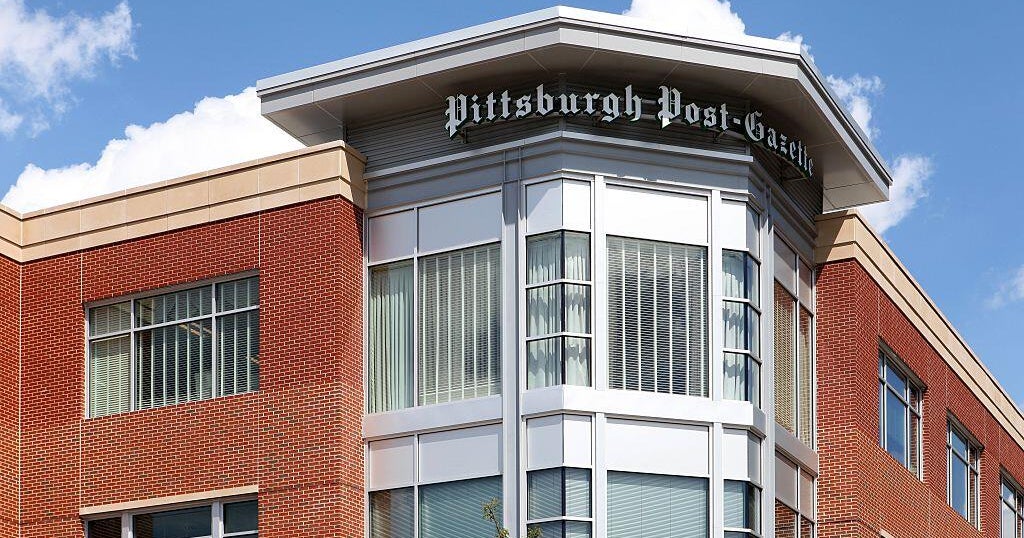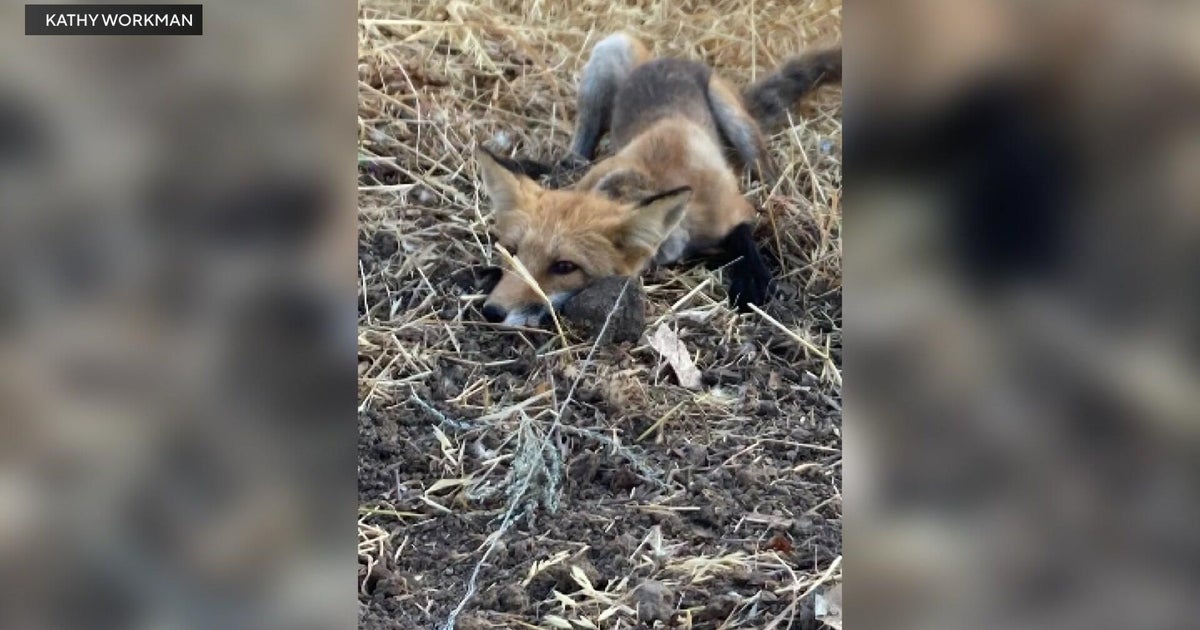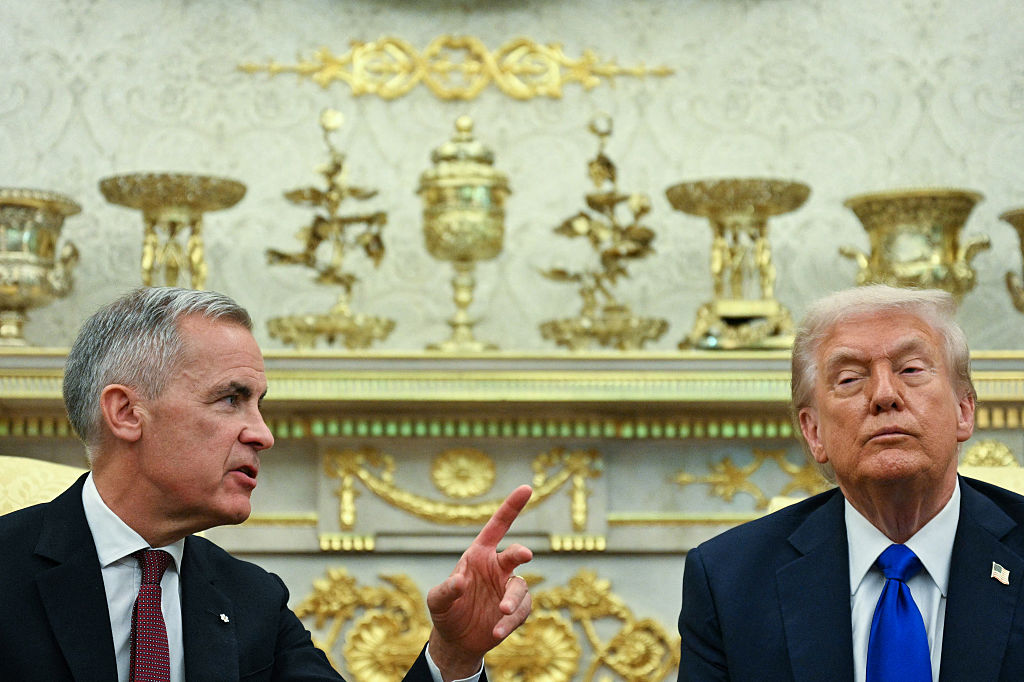After Toys "R" Us, another defunct toymaker plots comeback
As Toys "R" Us moves ahead with plans to liquidate, a California collector of dormant retail names says the KB Toys brand is ready to come off the bench and fill the void.
"We're going to save the toy industry," declared Ellia Kassoff, founder and chief executive of Strategic Marks, in a message posted on LinkedIn.
Strategic Marks bought the KB Toys brand in 2016 from the U.S. Trademark Office after its prior owner -- Toys "R" Us -- let it go unused. Kassoff first envisioned reviving the logo and its offerings strictly over the web, but that changed in light of current events.
The demise of Toys "R" Us accelerated his company's business plan, and it now hopes to open physical stores "before Christmas," wrote Kassoff, whose company also owns more than half a dozen other "retro" department store brands, including Bamberger's, I. Magnin and May Company.
"My original idea for the KB brand was to relaunch it online," but that changed after Toys 'R' Us said it would close in 730 stores, Kassoff told the New York Post.
Strategic Marks is in discussions with toy manufacturers including Mattel (MAT) as it works to resurrect the KB Toys name, he added.
Regardless of whether Kassoff's plan pans out, one industry analyst disputes the notion the toy industry is in need of rescue. Given that Toys "R" Us represented about 12 percent of U.S. toy sales in 2017, "the worst-case scenario is the toy industry will decline by 12 percent," wrote NPD Group toy analyst Juli Lennett in a research note.
But the view that consumers that shopped at Toys "R" Us will no longer buy toys because of the chain's demise "just defies logic," added Lennett, who also noted that the U.S. toy industry has grown 4.5 percent on average over the last three years.
KB Toys started out as a family-owned business in 1922 and become one of largest U.S. toy retailers. It filed for bankruptcy protection for the first time in 2004, emerging a year later after being purchased by Prentice Capital Management. It went bankrupt a second time in 2008.



